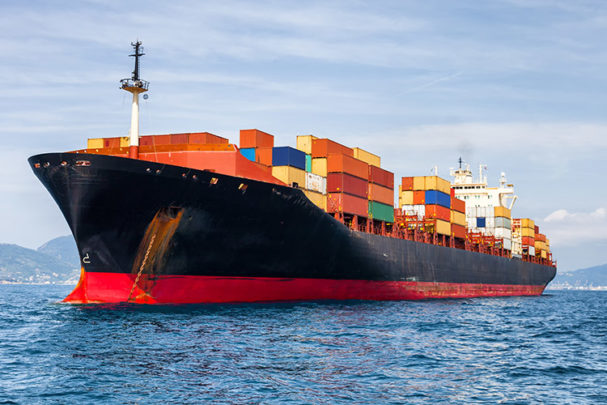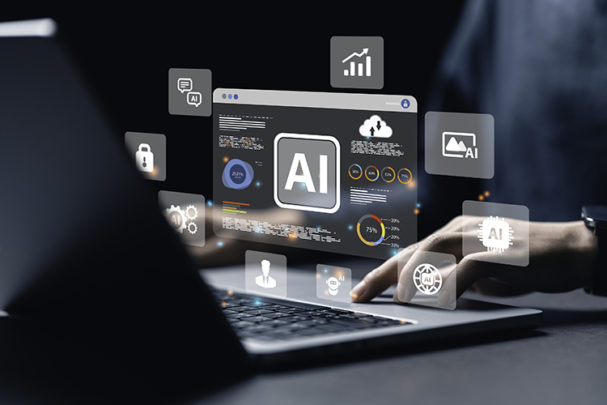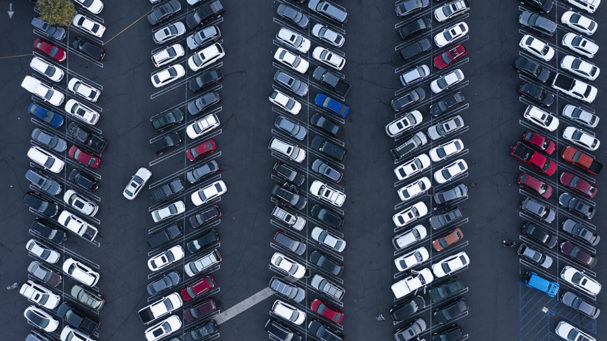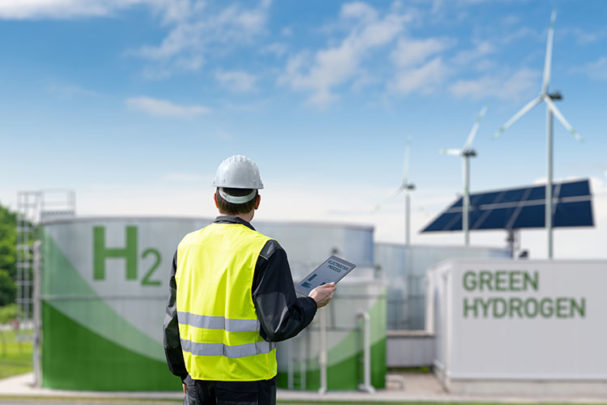Articles by Max Rohr
Alternative Energy
How did water go from abundant to scarce in Mexico City?
Read More
Alternative Energy
The Warehouse of the Future – and Past
Two Missouri caves are examples of working with the local geography to reduce the climate and security variables affecting business owners.
Read More
Alternative Energy
Flags of Convenience
Sustainability in the commercial shipping industry.
Read More














